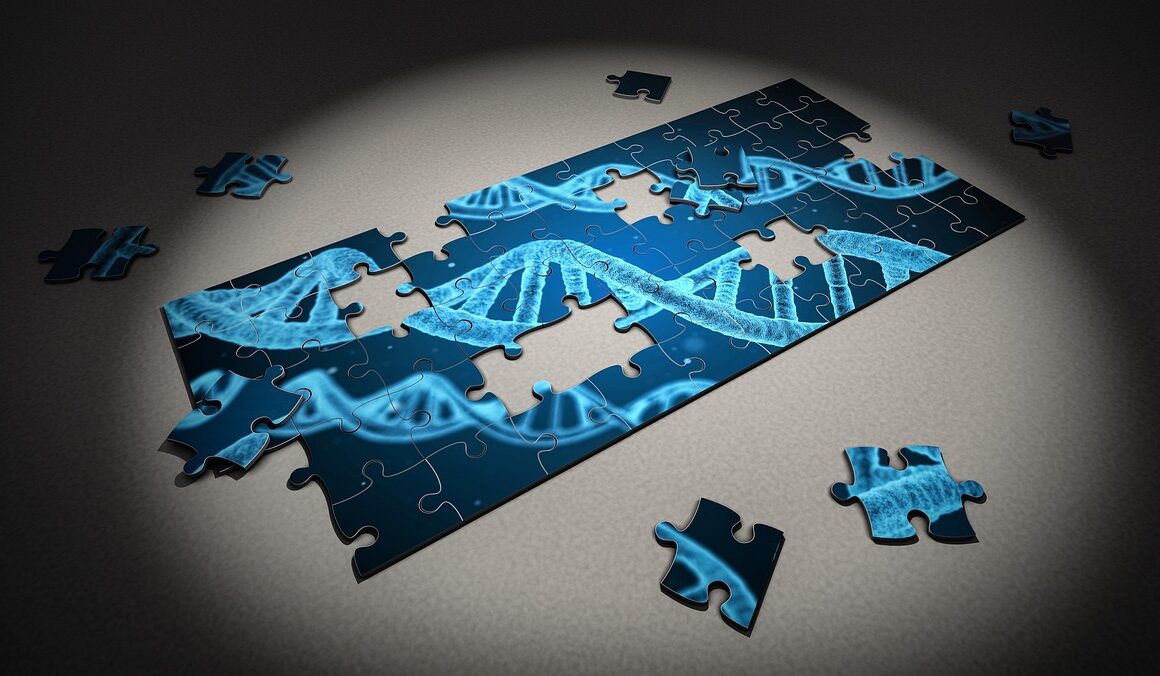Using Data and Research to Inform Eating Disorder Awareness Campaigns
Raising awareness about eating disorders is essential for combating these complex issues. By utilizing data and research, effective campaigns can be developed that resonate with the target audience. Awareness initiatives must reflect the realities of individuals facing these disorders. Evidence-based statistics highlight the prevalence, warning signs, and affected demographics. For instance, research has shown that approximately 30 million Americans will wrestle with an eating disorder at some point in their lives. Such figures can help frame the narrative around these challenges, making it clear that eating disorders are not merely lifestyle choices but serious health conditions requiring understanding and compassion.
Incorporating personal stories alongside factual data creates a powerful narrative. Stories humanize statistics and allow the audience to connect emotionally. Including testimonials from individuals who have battled eating disorders can provide insight into their struggles and victories. These narratives can be shared through various platforms, such as social media and community events. Consistent engagement with these stories can drive discussions and evoke empathy. Campaigns should emphasize the importance of speaking openly about these issues. Awareness is often the first step toward recovery, as it dismantles stigma. Encouraging conversations helps foster supportive environments for both those struggling and their families.
Utilizing Social Media for Awareness
Social media has emerged as a potent tool for raising awareness. Campaigns can leverage platforms like Instagram, Facebook, and TikTok to reach a wider audience. Creative visuals, infographics, and short videos can succinctly convey crucial data about eating disorders. Hashtags can amplify the message by grouping together similar content, enhancing visibility. Engaging stories, whether through posts or reels, can reveal the diverse experiences related to eating disorders. Additionally, partnering with influencers advocating for mental health can help spread awareness to their followers. Encourage sharing and discussion by creating challenges or campaigns that raise visibility about eating disorder realities.
Moreover, research shows that educational campaigns are essential for schools and communities. Workshops, seminars, and information drives can educate youth on recognizing the symptoms of eating disorders. Providing resources to educators about how to approach this topic sensitively strengthens community efforts. By equipping young people with knowledge, they are empowered to seek help for themselves or their peers. Engaging local health professionals in these initiatives can enhance outreach. This collaboration fortifies the message that seeking assistance is both necessary and brave. As a result, individuals will be more likely to reach out when in need of support.
Measuring Campaign Effectiveness
Equally important is the evaluation of these awareness campaigns. Utilizing analytic tools helps measure the effectiveness of messaging and outreach. Surveys, social media engagement, and website traffic can provide insights into public awareness. Collecting data pre and post-campaign can illustrate shifts in perceptions regarding eating disorders. Campaigning efforts that lead to increased conversations or resource utilization indicate success. Continuous improvement is pivotal in developing future initiatives. Identification of what resonates with audiences helps tailor future strategies for even greater engagement and awareness-raising impact. Hence, coherent planning is essential for capitalizing on successful methodologies.
Community involvement should never be underestimated. Local organizations, charities, and mental health professionals play a vital role in awareness campaigns. Collaborating with these entities can create a comprehensive support network. They provide valuable resources, expertise, and credibility that lend weight to the cause. Workshops organized with these partners can further disseminate important information regarding eating disorders. It also ensures that the message aligns with local community needs and demographics. Such partnerships foster a sense of unity and responsibility towards promoting mental health and advocating for those with eating disorders. Together, they can create deeper systemic changes.
The Role of Research in Future Efforts
Lastly, research continues to be a cornerstone in guiding future awareness efforts. New studies emerge continually, shedding light on pre-existing gaps in knowledge and understanding of eating disorders. Advocating for resources directed toward research ensures that information remains up-to-date and relevant. Analytical understanding leads to clearer messaging for campaigns. It helps target the right audience most effectively. Furthermore, ongoing research is vital in addressing the evolving nature of societal views and treatments surrounding eating disorders. Prioritizing data analysis in campaign construction prepares these efforts to respond dynamically to changing community needs.
In conclusion, using data and research for raising awareness about eating disorders is crucial. Collecting relevant information, sharing real stories, and leveraging social media create a comprehensive strategy. Forming community partnerships strengthens outreach, providing support networks for those in need. Effectively measuring campaign success ensures continuous improvement. By prioritizing research, we sustain momentum in raising awareness. Greater understanding leads to destigmatizing eating disorders, offering hope and healing opportunities. Finally, every effort counts in the fight against these disorders, and engaging with data empowers our collective voice for healthier conversations.





